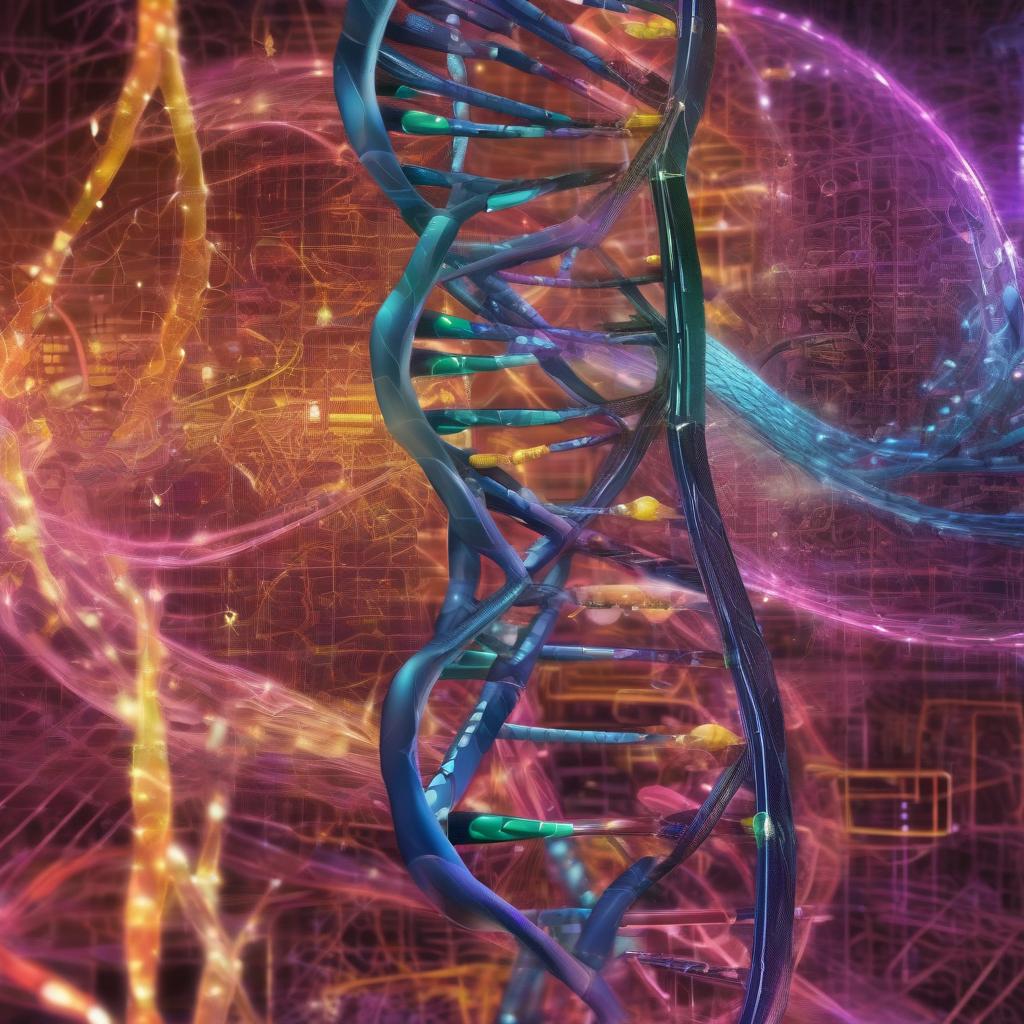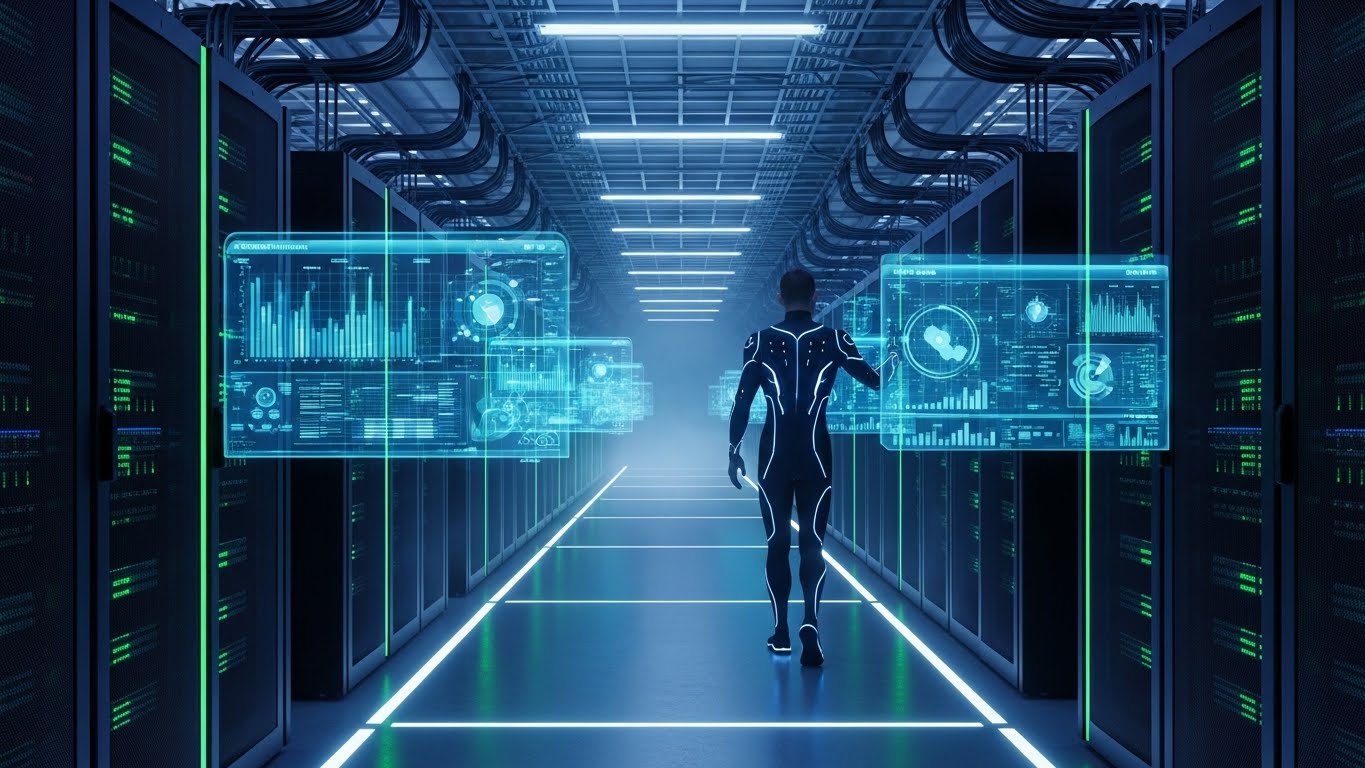You know, Biotech is like that weird mix of science fiction and reality. It’s where biology and technology meet, and they’re like, “Hey, let’s do something wild together.” It’s fascinating how this field keeps pushing boundaries, especially in healthcare, agriculture, and even in fabrics and materials. And while we’re at it, Biotech isn’t just this isolated science lab thing; it’s affecting business, ethics, and even how we think about life itself.
The Scope and Influence of Biotech
Biotech isn’t just about test tubes and petri dishes, though they’re definitely in the mix. It’s a field so broad that it touches everything. Healthcare innovations are kind of the poster child here. You’ve got gene editing with CRISPR, where scientists basically play genetic Tetris, fixing DNA sequences like they’re misplaced puzzle pieces. And vaccines? They’re not just about fighting off the flu anymore.
The Evolution of Healthcare Through Biotech
Let’s dive a bit into healthcare. Remember how quickly the COVID-19 vaccines popped up? That was Biotech flexing its muscles. The speed? Unprecedented. And it was all thanks to advances in genetic sequencing and mRNA technology. Companies like Moderna and BioNTech became household names almost overnight. You can read more about the impact of biotechnology on healthcare for a more in-depth look.
But it’s not just about combating viruses. Biotech is all about personalized medicine now. It’s like having a tailor for your health needs. They look at your genetic makeup and tailor treatments specifically for you. Helps with diseases like cancer, where treatments can now target specific genes. Less collateral damage, more efficiency.
Agricultural Innovations: Feeding the World
Now, onto agriculture. It’s a big part of Biotech, though it doesn’t get the same spotlight as healthcare. Genetically modified organisms (GMOs) are big here, making crops resistant to pests and diseases. Imagine a world where crops can withstand droughts and still produce like champs. That’s the dream. Farmers have been tweaking plants for ages, but now it’s on a whole new level. More precision, less guesswork.
It’s not just about making hardier crops. There’s also synthetic biology, where they’re basically creating new life forms. Sounds like something from a sci-fi movie, right? But the goal is to produce food sustainably. With the world’s population ballooning, sustainable food production is more important than ever.
Environmental Impact
Can’t talk about agriculture and not mention the environment. Biotech is helping reduce the ecological footprint. How? By creating crops that need fewer pesticides and fertilizers. It’s less about chemicals and more about natural resistance. Feels like a win for the planet. This push for sustainability aligns with many global initiatives working towards a cleaner, greener world.
Ethical Considerations in Biotech
Of course, with all this innovation, comes ethical dilemmas. Playing God with genetics? Not everyone’s comfortable with it. The debates rage on about what’s morally acceptable. And it’s not just about human genetics. It extends to animals and plants too.
Cloning, for instance, still freaks people out. Dolly the sheep was just the beginning, but it opened a can of ethical worms. And CRISPR? As amazing as it is, it poses questions about where we draw the line. Designer babies aren’t just a hypothetical anymore. It’s a real possibility, and it’s making people take a closer look at ethical guidelines. More on the ethical discussions can be found in this article on the state of biotech.
Regulatory Challenges
With great power comes great responsibility, or so they say. Biotech companies are under intense scrutiny. Regulations are evolving almost as fast as the technology itself. Balancing innovation with safety is the challenge here. It’s a tricky dance, trying to keep things moving forward without overstepping boundaries.
Biotech Business and Investment Trends
The business side of Biotech is booming. Investors are pouring money into startups with innovative ideas. There’s this hunger for the next big thing, and Biotech is ripe for the picking. Startups are sprouting like weeds, each promising to revolutionize some corner of biology or medicine.
Investment Hubs and Trends
Silicon Valley isn’t just about tech anymore. It’s also become a hotspot for Biotech startups. But places like Boston and San Diego are major players too. The focus is shifting towards precision medicine and synthetic biology. Investors love these sectors because they see huge potential for growth.
| City | Specialization | Number of Startups |
|---|---|---|
| San Francisco | Synthetic Biology | 250+ |
| Boston | Precision Medicine | 200+ |
| San Diego | Biopharmaceuticals | 150+ |
These numbers aren’t static, of course. They’re growing. Fast. Investors see the potential return, especially in areas like gene therapy and biosimilars. It’s all about staying ahead of the curve.
The Future: What’s Next?
So, what lies ahead? Hard to say exactly, but the possibilities are endless. Biotech is likely to keep breaking through barriers. Think about AI integration. We’re talking computers and biology working together to solve problems that humans couldn’t tackle alone.
The potential for breakthroughs in aging? Big. Everyone’s looking for that magic bullet to live longer, healthier lives. And Biotech could be the key. As technology advances, so too does our understanding of biology. It’s a crazy loop where one feeds the other.
Collaboration Across Disciplines
One thing’s for sure: collaboration is crucial. Biotech relies on teamwork from various fields. Engineers, biologists, computer scientists—they all have a role. It’s like the ultimate group project, but with stakes that couldn’t be higher.
For those curious about how Biotech intersects with data privacy, there’s a lot more on how companies handle sensitive information, even in unexpected places like privacy policies.
Anyway, that’s just the tip of the iceberg. Feels like we’re on the brink of something big here, but who knows? The future’s a wild place, and Biotech is sure to play a huge part in shaping it.
FAQs
- What is the biggest challenge in Biotech right now?
I’d say balancing innovation with ethical considerations. We have the tech to do amazing things, but should we? - How can I get started in a Biotech career?
Hit the books! A background in biology, chemistry, or engineering is solid. Internships and networking are key. - Are GMOs safe to eat?
Most scientists say yes. They undergo rigorous testing before hitting the market. It’s all about perception and science. - How does Biotech affect everyday life?
From the food we eat to the medicines we take, it’s everywhere. Even in stuff like biodegradable plastics. - What’s the next big thing in Biotech?
Gene editing and personalized medicine are huge. Also, keep an eye on AI integration. It’s changing the game.



